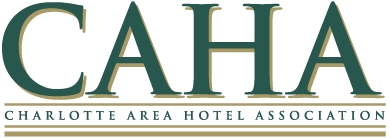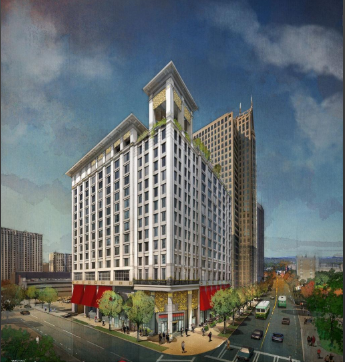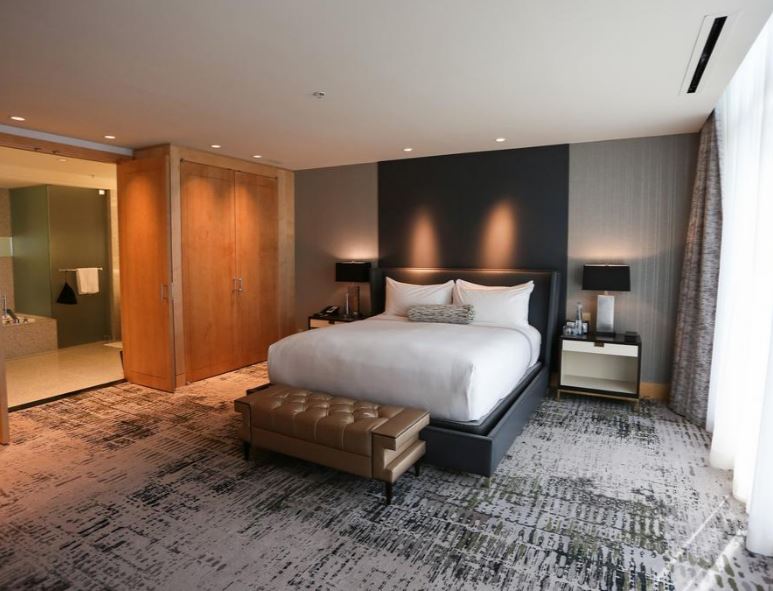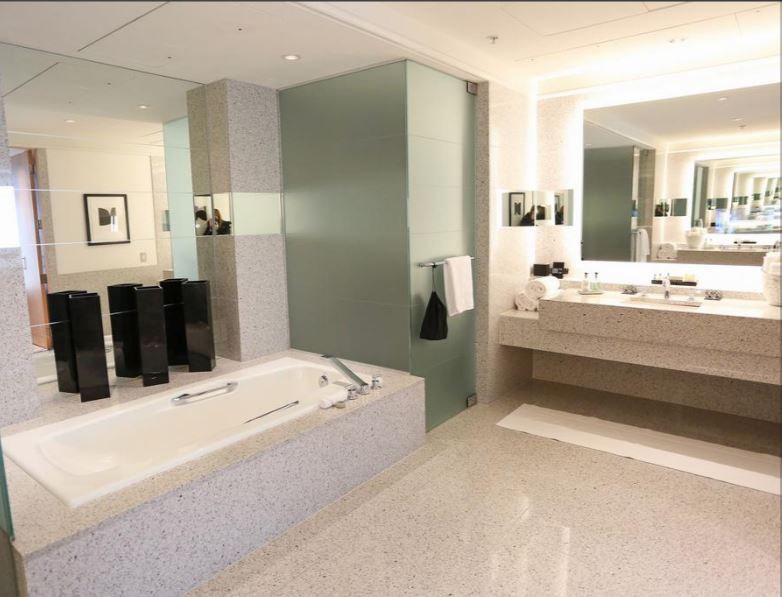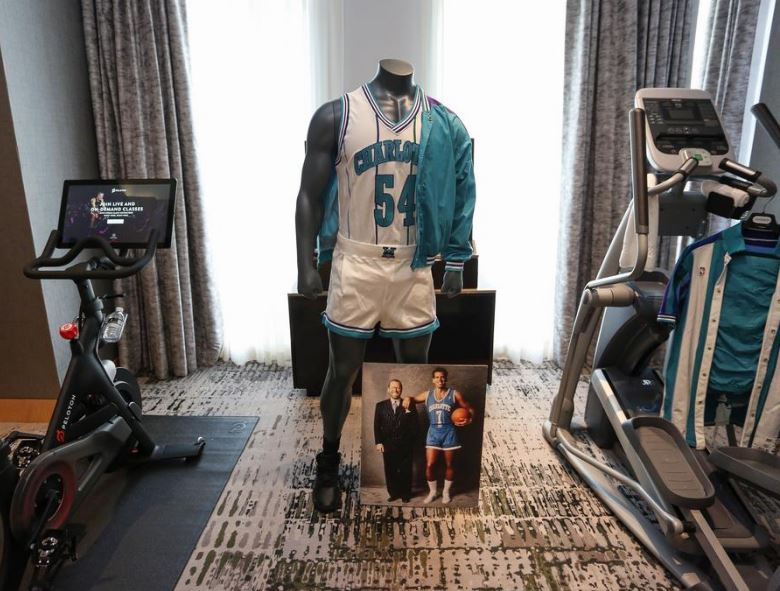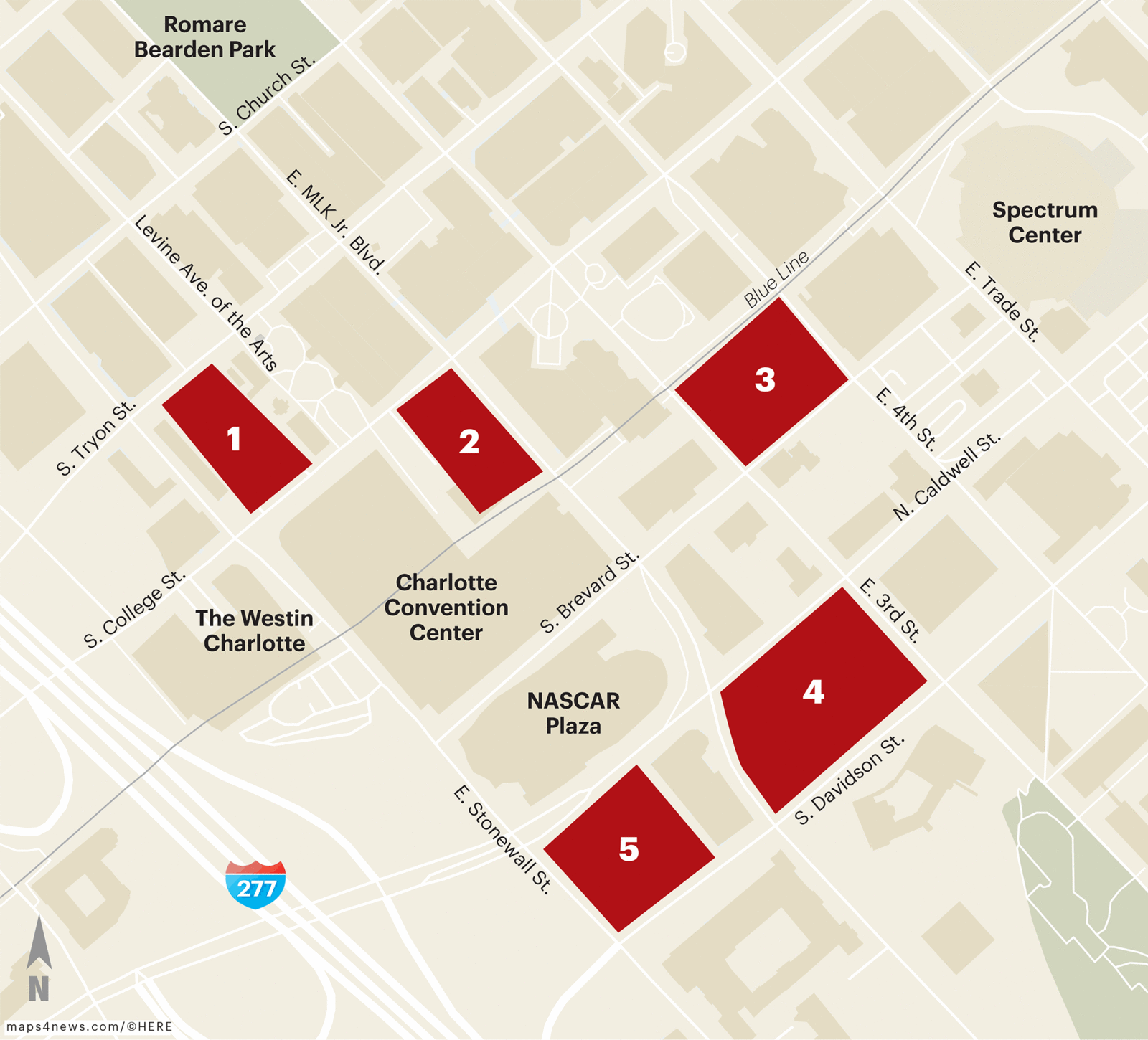Charlotte-area hotels have invested more than $100 million in improvements since 2015. Those renovations come as existing hotels brace themselves for an influx of new competitors while meeting the changing needs of today’s traveler.
It also provides the Queen City with a strong hotel portfolio to attract tourist dollars and the ability to host large-scale events such as the NBA All-Star Game and the upcoming Republican National Convention.
“I think hotels will have to take a look at their product and how they compare. It’s just becoming a ‘keeping up with the Joneses’ type of thing,” says Vince Chelena, executive director for the Charlotte Area Hotel Association. “We have to keep improving our experience in order to stay relevant with our customers.”
Recent renovation projects include:
• $28 million revamp at The Westin Charlotte.
• $10 million invested in room upgrades at the Charlotte Marriott SouthPark and another $10 million in Renaissance Charlotte SouthPark.
• $7 million overhaul at Great Wolf Lodge in Concord — the property’s first major renovation in a decade.
• A multimillion-dollar modernization plan at the historic Dunhill in uptown that will remake guest rooms.
The quality of lodging facilities helps grow the caliber of events and has a trickle down effect throughout the Charlotte economy, says Tom Murray, CEO of the Charlotte Regional Visitors Authority.
Last year, that number climbed to $7.4 billion in direct spending.
A nearly $127 million project to revamp the Charlotte Convention Center is underway with additional meeting space and amenities on tap. That project will be complete in fall 2021 and should drive additional traffic to the region’s hotels.
“The customers are going to stay in hotels that offer the best service and product,” Murray says. “A lot of hotels were due for renovations as well.”
Other projects completed in recent years: The Omni completed $30 million in improvements in 2018. The Ritz-Carlton, Charlotte also completed a multimillion-dollar facelift in 2018. Next up are improvements to The Ritz’s spa and meeting space this year.
The Westin is gutting its hotel rooms and transforming them with high-end finishes, a more contemporary color scheme and other luxury touches. “We have new products coming in, and we want to make sure we are the shiniest and newest,” says Leo Percopo, area general manager at The Westin Charlotte.
Work is slated for completion in May.
“We’ve always had a very high level of service. I think we’ve elevated the product pretty significantly,” Percopo says. “There’s going to be a return and a premium on our guest rooms.”
Guests will find bathrooms have been upgraded with walk-in showers with glass doors, rain shower heads and marble tile. Dappled lighting is designed to be soft and soothing. Rooms are being reconfigured to better meet guest needs and address market trends. Adding USB ports and hubs to charge devices has become the standard. “It feels a little bit more like home. It also has those high-end finishes that really make a difference.”
Percopo says the Westin will invest another $500,000 to prepare for future technology needs.
The hotel’s owner, Portman Holdings, is bullish on the market from a long-term perspective. “They wanted to make sure we were staying more than competitive,” Percopo says.
Barringer Construction has handled numerous hotel renovations across the Charlotte market, including the Westin and The Ritz-Carlton, Charlotte. “Now, there’s so much competition coming in new to the market they really feel a lot of pressure to bring the product up to that standard,” says Chris Butlak, Barringer partner.
High-end renovations average about $25,000 per room, says Anne Goodson, senior project manager at Barringer. That price tag includes restroom replacement, furniture and soft goods such as bedding.
The cycle for renovations is typically eight to 12 years.
The Renaissance Charlotte SouthPark wrapped up a revamp of its 264 guest rooms in March. Its new design courts a younger demographic with touches of glam and SouthPark influences.
“Our guests and our travelers don’t really want the traditional hotel room,” says Nate Sullins, director of hotel operations. “We’ve tried to make it feel more apartment like, more residential. We want them to walk in and have that ‘wow’ moment.”
There are pops of Tiffany blue, from frosted tabletops to crushed velvet couches. White leather wall coverings adds texture and deco-style couches add character. Crystals are embedded into mirrors and hidden behind mirrored lampshades to add sparkle. Luxury vinyl gives the illusion of wood floors but adds durability. Each room has up to 16 USB ports.
“In a market like Charlotte, where so many hotels are being opened, if you can’t match product and service, you won’t last long,” Sullins says.
Mecklenburg County is home to 225 hotels, accounting for 28,372 rooms. Of those, 26 are in uptown Charlotte for a total of nearly 5,800 rooms, according to information from the CRVA.
Five additional lodging options are under construction and expected to open in 2020. That will add another 1,582 rooms.
Room rates continue to rise. Average rates uptown are $179.72 — up 13.8% over five years ago. Countywide, rates average $116.80, representing a jump of 18.6% over the five-year period.
Average occupancy is just over 70%.
“Occupancies are at high levels. I think we have some room to grow them,” Murray say.
That’s where investing in renovations can pay dividends.
The Charlotte Marriott City Center became the test market for the Marriott International’s new prototype in 2016. A $40 million investment resulted in a total transformation of that property.
The result? Record years of occupancy since then, says Seamus Gallagher, director of guest experience.
“The hotel went through a total transformation,” Gallagher says. “It also has to do with Charlotte is just booming. The demand is there.”
The updated property delivers a modernized experience for guests.
For example, the hotel pool was replaced with a fitness center. Amazon’s Alexa in guest rooms delivers the daily chef specials from signature restaurant Stoke. Trendy hotel coffee shop Coco and The Director is on site and provides space for coworking.
The lobby — now dubbed the great room — has been divided into different areas to accommodate people looking to work with 200 electrical outlets.
“You do need to constantly look at what your guests are saying,” Gallagher says.
Guest satisfaction scores are up about 15% — and daily room rates have climbed between $10 and $12 since the Charlotte Marriott SouthPark renovated its rooms in 2017, says Wes Bartlett, director of operations.
That project gave the hotel’s 199 guest rooms a European vibe. Design elements are simple — think off-white walls, pops of green and fixtures selected for touches of elegance. The space caters to the evolution of today’s traveler. Guests can check in via digital keys on their cellphones, order room service via mobile apps and watch their own Netflix or Hulu accounts on 55-inch flat-screen TVs. More time is spent outside of their hotel rooms. The Marriott’s M Club Lounge provides a space to work or gather.
Great Wolf Lodge’s facelift late last year has resulted in a more than 20% bump in group and meeting business, says Angie Brown, general manager. “This was the perfect time to give the resort a completely refreshed look and modern conveniences families crave, like multiple USB outlets.”
The project coincided with the resort’s 10th anniversary and was its most extensive refurbishment to date.
